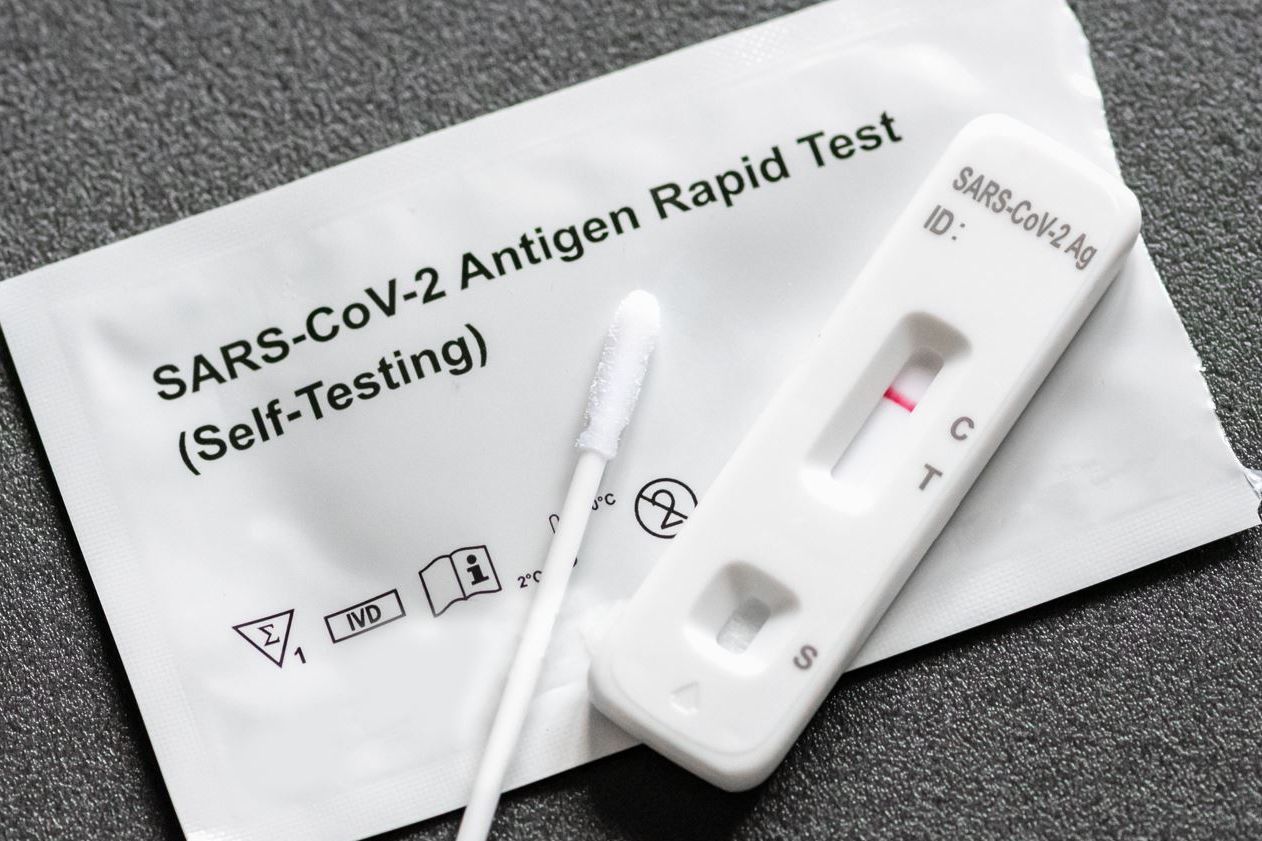- Clinical Technology
- Adult Immunization
- Hepatology
- Pediatric Immunization
- Screening
- Psychiatry
- Allergy
- Women's Health
- Cardiology
- Pediatrics
- Dermatology
- Endocrinology
- Pain Management
- Gastroenterology
- Infectious Disease
- Obesity Medicine
- Rheumatology
- Nephrology
- Neurology
- Pulmonology
FDA: Repeat At-home COVID-19 Antigen Tests to Reduce Risk of False Negative Result
©Nichele Ursi/AdobeStock

The US Food and Drug Administration (FDA) now recommends serial testing following a negative result on any at-home COVID-19 antigen test, whether symptoms are present or not.
"Currently, all at-home COVID-19 antigen tests are FDA-authorized for repeat, or serial use. This means people should use multiple tests over a certain time period, such as 2-3 days, especially when the people using the tests don't have COVID-19 symptoms,” stated the agency’s safety communication issued August 11, 2022. "Today, the FDA is highlighting the continued need for repeat, or serial testing when people get a negative result with an at-home COVID-19 antigen test, including recommending additional testing over a longer period of time."
For persons with COVID-19 symptoms, the FDA advised that these patients take 2 at-home COVID-19 tests over 48 hours. “If you get a negative result on the second test and you are concerned that you could have COVID-19, you may choose to test again 48 hours after the second test, consider getting a laboratory molecular-based test, or call your health care provider,” noted the FDA in the release.
For individuals that do not have COVID-19 symptoms and believe they have been exposed, the FDA recommended up to 3 separate at-home tests, each separated by a 48-hour period. If the second test comes back negative, individuals should test again 48 hours afterward. If the third test comes back negative, persons can either use another antigen test, consider getting a molecular-based test, or call their health care provider.
“Be aware that at-home COVID-19 antigen tests are less accurate than molecular tests. COVID-19 antigen tests may not detect the SARS-CoV-2 virus early in an infection, meaning testing soon after you were exposed to someone with COVID-19 could lead to a false-negative result, especially if you don't have symptoms,” wrote the agency.
The FDA urged individuals who plan to use at-home COVID-19 antigen tests to have several tests available and noted that the same brand does not need to be used each time for serial testing. For Point of Care COVID-19 antigen testing conducted at a clinic or clinician’s office, a negative test result, “should also be followed up with repeat, or serial testing, and an at-home test could be used,” added the agency.
The FDA based its decision on data from a study conducted by researchers at the University of Massachusetts Chan Medical School, in collaboration with the FDA and the National Institutes of Health. While the study has not yet been peer reviewed, results published this month in medRxiv showed that at-home antigen tests are more likely to detect COVID-19 within the first week of infection when a person without symptoms tests 3 times, at 48-hour intervals, and a person with symptoms tests twice.
“These results have further guided the FDA's thinking that repeat testing after a negative result with an at-home COVID-19 antigen test reduces the risk of a false negative result,” stated the FDA.
The safety communication was released on the same day as the Centers for Disease Control and Prevention (CDC) issued updated guidelines significantly reducing quarantine recommendations after COVID-19 exposure. According to the updated guidelines, individuals are no longer required to quarantine after suspected COVID-19 exposure, unless they live in a high-risk congregate setting, such as a prison, shelter, or nursing home. Exposed persons should wear a face mask for 10 days and get tested on day 5. Persons should monitor themselves for COVID-19 symptoms, but routine testing of asymptomatic individuals is no longer recommended in most low-risk settings.
The FDA is currently working with government and academic partners to conduct additional research surrounding at-home COVID-19 testing.
